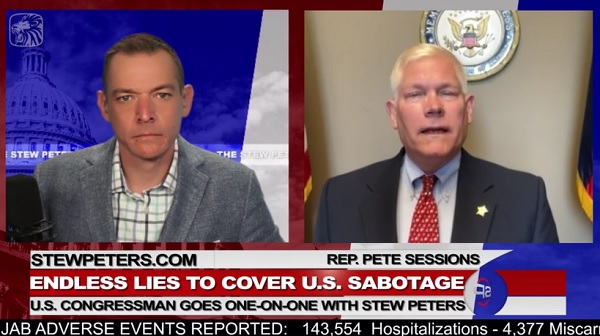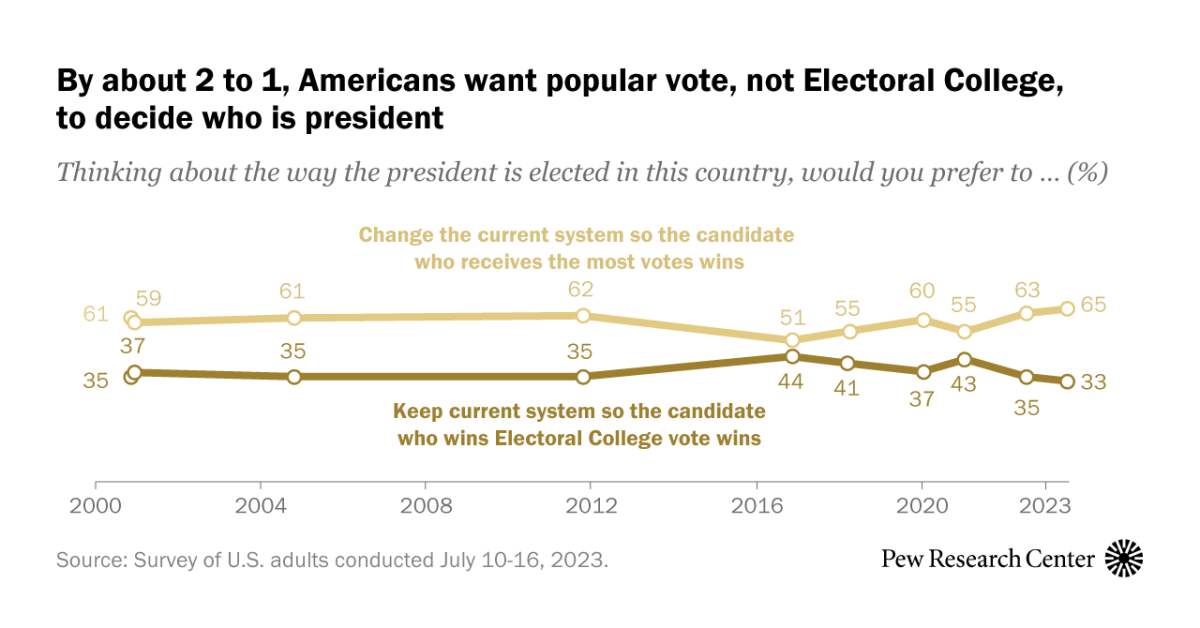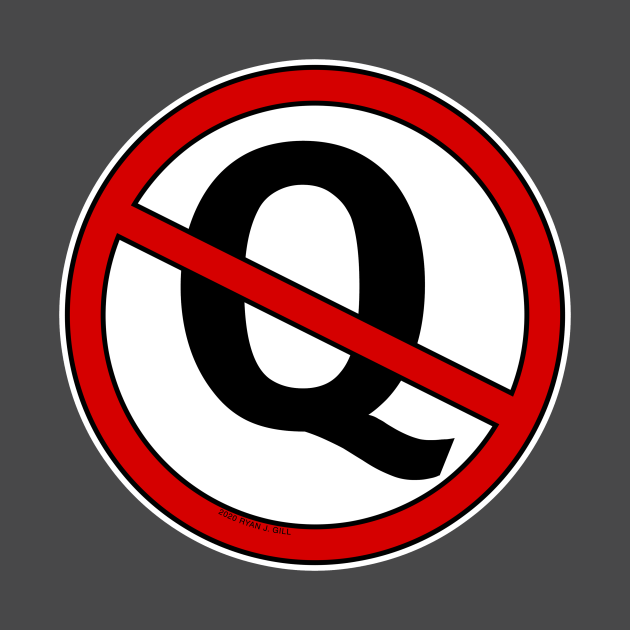

At the moment, lemmy is not great with comment integrity. If somebody deletes a comment (mod or the user themselves), the entire chain basically gets nuked.
So it looks like a conservative got embarrassed that they were supporting a white supremacist killer, and deleted their comments. Or maybe they got banned.



https://investors.yum.com/news-events/financial-releases/news-details/2023/Yum-Brands-Reports-Fourth-Quarter-Results-and-Increases-Dividend/default.aspx
They are just greedy. They have the money, but giving the money to the rich is evidently more important.
https://cwa-union.org/stock-buybacks-hurt-workers